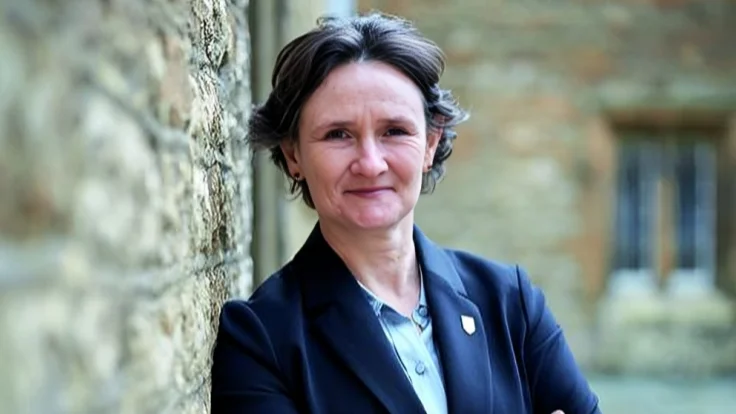Oxford research has found that the UK spent more than £20 billion over the past decade on efforts to welcome and integrate newcomers, but this investment was spread across 26 different funding streams and lacked a clear overall goal. Jacqueline Broadhead, Director of the Global Exchange on Migration and Diversity at Oxford, said: "This is a significant investment and one which has had real benefits for people arriving from Hong Kong, Syria, Ukraine and Afghanistan among others, but which has been fragmented across 26 separate funding streams and without a clear objective - instead being predominantly reactive and crisis driven."
Broadhead noted that issues related to integration and community cohesion after arrival receive less attention in policy-making compared to migration itself. She stated: "The welcoming of newcomers, their integration and overall community cohesion - basically everything that happens after the moment of arrival and decision of immigration status - receives vastly less attention in terms of both media coverage and policy making than migration."
She pointed out that while unrest in summer 2024 caused fear among newcomer communities, most people report positive experiences with neighbours from different backgrounds. Nearly 70% of people in England consistently say they get along well with neighbours from diverse backgrounds.
Despite high rankings in some international studies regarding attitudes toward immigration, there has not been a comprehensive national strategy for integration since the publication of key government papers in 2018 (the Integrated Communities green paper) and 2019 (Indicators of Integration). Spending on support for asylum seekers is higher than comparable Western countries due to inefficiencies rather than higher inherent costs.
Broadhead argued: "Our analysis highlights that this is not because the UK is inherently a more costly place to do this work, but that it does not target its resources well. Spending is crisis driven and reactive, targeted to specific groups rather than population wide and, in some cases (such as asylum hotels), has been criticised for significant overspending which does not benefit either newcomers or communities."
The Oxford analysis recommends setting a clear cross-government goal for welcoming newcomers. Broadhead explained: "The good news is that the solutions proposed in the report are in many ways aligned with the mission-based approach of the government, calling for a clear goal which can work across government (where currently the responsibility is divided between the Home Office and the Ministry for Housing, Communities and Local Government - MHCLG)."
She also emphasized local authorities' role: "Welcoming starts in communities, and it is local authorities who can best play the leadership and convening roles in their places. They are well placed to understand where there might be tensions... including through forging connections between different groups." Recent steps by MHCLG include bringing together teams supporting Afghan, Ukrainian, and Hong Kong arrivals.
The proposal does not call for new funding but urges consolidating existing funds into long-term settlements managed by local governments. There are successful examples already present at regional levels such as Scotland, Wales, and Northern Ireland.
According to data from the Office for Budget Responsibility, net migration makes an important contribution to economic growth; an annual net migration figure of 350,000 could reduce UK borrowing by £7.4 billion by 2028-29 after accounting for associated costs.
Broadhead concluded that properly organised welcoming policies could help manage trade-offs related to public services like healthcare or education access while supporting social cohesion. She said: "A proper welcoming policy would put more power in the hands of communities... there needs to be sustained investment in local places, public services and shared community spaces."

